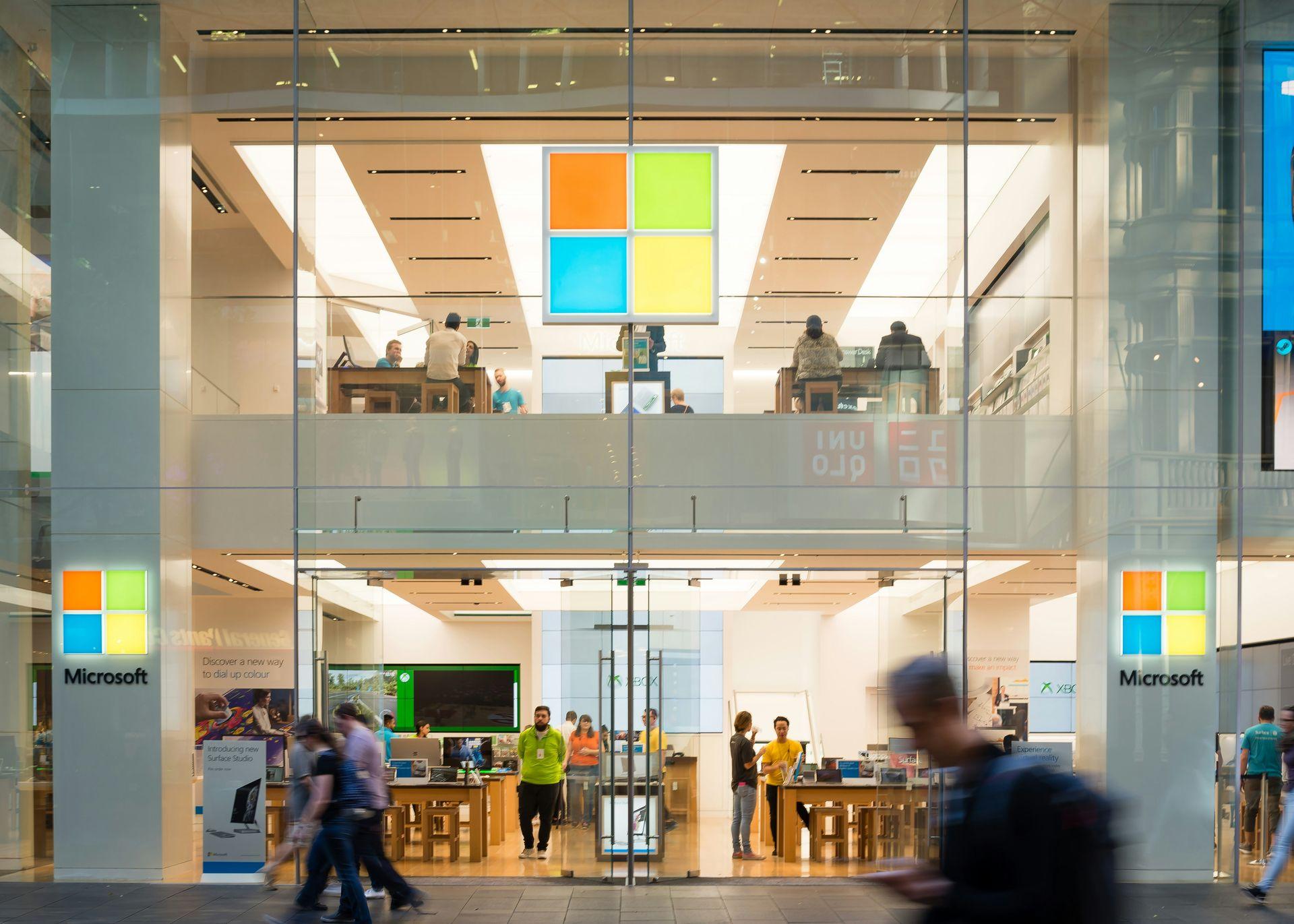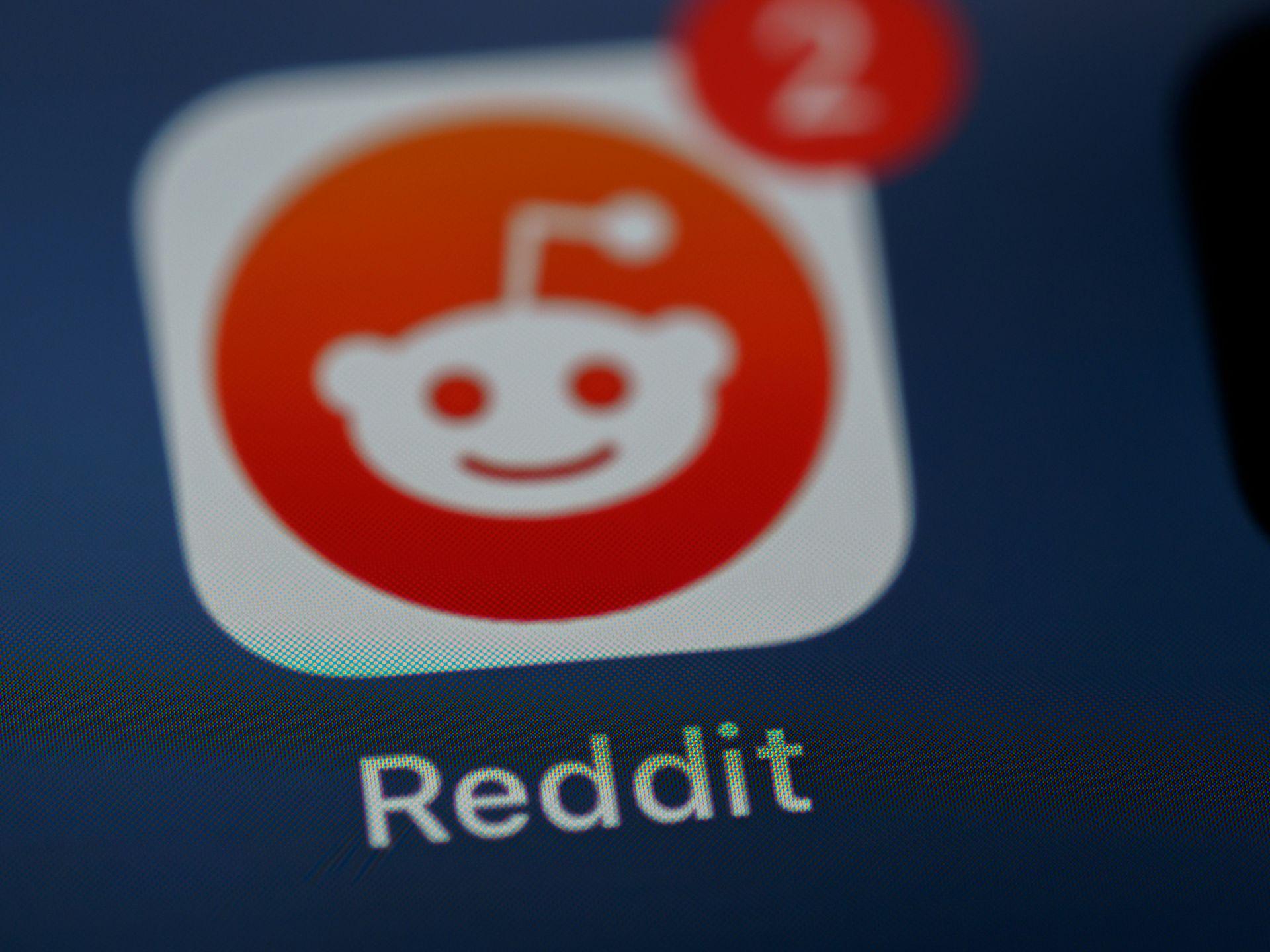Frenemies or forever enemies? Are Silicon Valley’s latest inseparable duo out of the honeymoon phase? Microsoft’s latest Securities and Exchange Commission (SEC) filing is enough to raise eyebrows.
The company, which invested $13 billion in OpenAI, is now labeling the ChatGPT creator as a competitor in artificial intelligence and search. This development adds a new layer to their complex relationship, which includes a long-term partnership in which Microsoft uses OpenAI’s models in its products and OpenAI serves as its private cloud provider.
Why did Microsoft brand OpenAI as a competitor?
First of all, let’s start with a conspiracy theory. Could it be that the real reason Microsoft sees OpenAI as a competitor is that it wants to buy it outright in the future? Let’s leave that question for now and move on to the news.

The SEC filing marks the first time Microsoft has officially named OpenAI as a competitor. In its annual 10K report, the company disclosed a list of AI competitors that included OpenAI, Anthropic, Amazon, and Meta. In addition, Microsoft was listed as a competitor in the search space alongside Google, possibly because of Bing, OpenAI’s recently announced SearchGPT feature. This categorization comes despite the important financial ties between the two companies.
The decision to list OpenAI as a competitor may have been influenced by several factors. There are ongoing antitrust concerns with the Federal Trade Commission (FTC) examining the relationship between cloud providers and AI startups. Recently, Microsoft relinquished its board observer seat at OpenAI, which it won after a leadership change at the AI company last year.
It is worth noting that SEC filings often contain cautionary warnings for investors. Companies often use these documents to explain potential risks, even if they currently seem unlikely.
It is not uncommon in the technology sector for companies to be partners and competitors at the same time. A historical example of this dynamic is the relationship between Yahoo and Google in the early 2000s. Yahoo, the dominant search engine at the time, partnered with Google to utilize its search results. However, Google eventually overtook Yahoo in the search market, showing how quickly partnerships can change in the fast-paced world of technology.
Or Microsoft wants to show the outside world that it has severed its ties with OpenAI and is looking for ways to acquire a competitor without being caught in a one-handed policy.
Meanwhile on Reddit:
While Microsoft grapples with its complicated relationship with OpenAI, another tech giant finds itself in a similar predicament with the popular social media platform Reddit. The parallels between these two situations illustrate how the use of data and the development of artificial intelligence in Silicon Valley are pitting companies against each other.

Reddit CEO Steve Huffman recently took a strong stance against companies that use the platform’s data for free, specifically pointing to Microsoft, Anthropic, and Perplexity.
Just as Microsoft invested heavily in OpenAI, tech companies have long relied on Reddit’s vast user-generated content to train AI models and improve search capabilities. But Huffman’s recent comments suggest that the days of free data scraping may be coming to an end. In particular, he accused Microsoft of using Reddit’s data to train its AI and summarize content in Bing results “without telling us”, striking a parallel with the cautionary tone we saw in Microsoft’s SEC filing on OpenAI.
The situation with Reddit highlights a growing trend in the tech industry, where data has become a valuable commodity. As we saw with Microsoft labeling OpenAI as a competitor despite their partnership, Reddit’s move to block certain companies from accessing its data unless they pay demonstrates the increasing importance of data ownership and monetization in the AI era. It seems that in both cases, the lines between collaboration and competition are becoming increasingly blurred, leaving us to wonder: are we witnessing the dawn of a new era in tech partnerships, or the beginning of a data arms race?
Featured image credit: Microsoft






